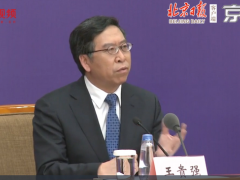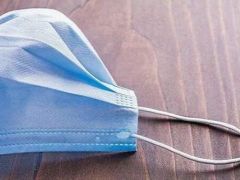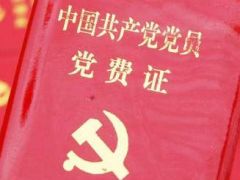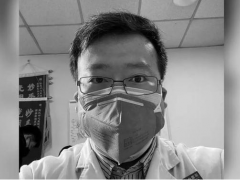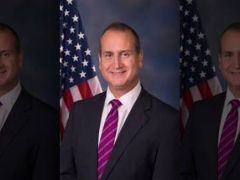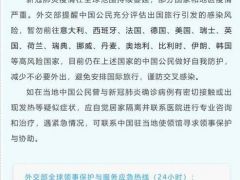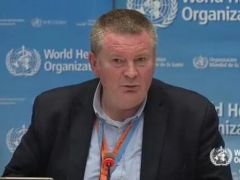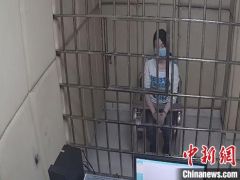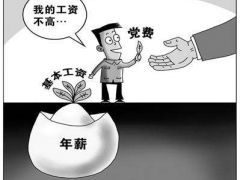中新网北京4月29日电 (彭大伟)针对德国媒体报道快餐巨头麦当劳鸡饲料含有转基因成分一事,麦当劳欧洲公司发言人在回复中新网记者邮件采访时表示,从2014年第二季度起,麦当劳已不再要求大部分欧洲供应商只使用非转基因鸡饲料。
不过,记者临近29日凌晨时收到的这份声明,并未对麦当劳在中国市场是否曾经用过转基因鸡饲料这一问题作出回应。截至发稿时,麦当劳中国区尚未对记者28日下午和29日上午的两次询问作出回应。
当地时间4月27日,德国《明镜》在线报道称,麦当劳在欧洲范围内的门店在制作炸鸡块和鸡肉汉堡的原料生产过程中,使用了含有转基因成分的鸡饲料。
麦当劳欧洲公司发言人在给记者的邮件中承认,从2014年第二季度起,麦当劳将终止对供应商的一项限制。这项限制规定供应商在欧洲大多数国家只能使用非转基因的鸡饲料。邮件称,其他主要零售商已采取类似的举措,但未具体说明有哪些零售商。
这位发言人表示,这一改变将不会影响到麦当劳食物的品质。麦当劳欧洲公司仍将致力于在所有食品中使用非转基因成分。
对于作出这项决定的原因,这位发言人解释称,尽管其使用的大部分鸡肉都产自欧洲,但这些鸡所食用的饲料中所含有的大豆多数却产自巴西。由于巴西当地非转基因大豆的产量越来越少,麦当劳的鸡肉供应商在2014年3月底之后已经无法再确保获得足够的非转基因大豆,用于生产麦当劳在欧洲所需的鸡饲料。
据这位发言人提供的信息,截至2014年3月底以前,麦当劳一直要求其欧洲区门店的鸡肉供应商使用非转基因的豆粕(soymeal)和玉米作为其饲料来源。
麦当劳欧洲公司发来的邮件中提供的数据显示,据欧洲饲料制造商协会估算,去年欧洲用于生产饲料的大豆中有90%是转基因大豆。这封邮件援引世界卫生组织(WHO)的观点指出,转基因饲料对于肉、奶、蛋等的品质或安全性不会产生影响。(完)
麦当劳欧洲公司以发言人名义发来的英文声明全文如下:
McDonald’s Europe remains committed to using non-GM ingredients in all our food。
With regards to animal feed, until the end of March 2014, McDonald’s required chicken suppliers to source soy meal and maize of non-GM origin for their feeds in Europe。
Although the majority of our poultry meat is sourced from within Europe, the majority of soy used in the poultry feed is sourced from Brazil。
In Brazil, less and less non-GM soy is being produced and our poultry suppliers have now confirmed that from the end of March 2014 onwards they will no longer be able to guarantee the supply of non-GM soy for chicken feed in sufficient quantities for all our European requirements。
Therefore, similar to moves made by other major retailers, from Q2 2014, we will end our restriction on suppliers using only non-GM chicken feed in the majority of our European countries. The change will not affect the quality of the food that we serve in our restaurants. The European Feed Manufacturers’ Association estimates that 90% of all soy used in feedstuffs in Europe last year was GM. The WHO (World Health Organisation) states that GM animal feed has no effect on the quality or safety of meat, milk, or eggs。
McDonald’s continues to work closely with agricultural and scientific experts, our suppliers and local and national farm assurance schemes for guidance on this issue。

